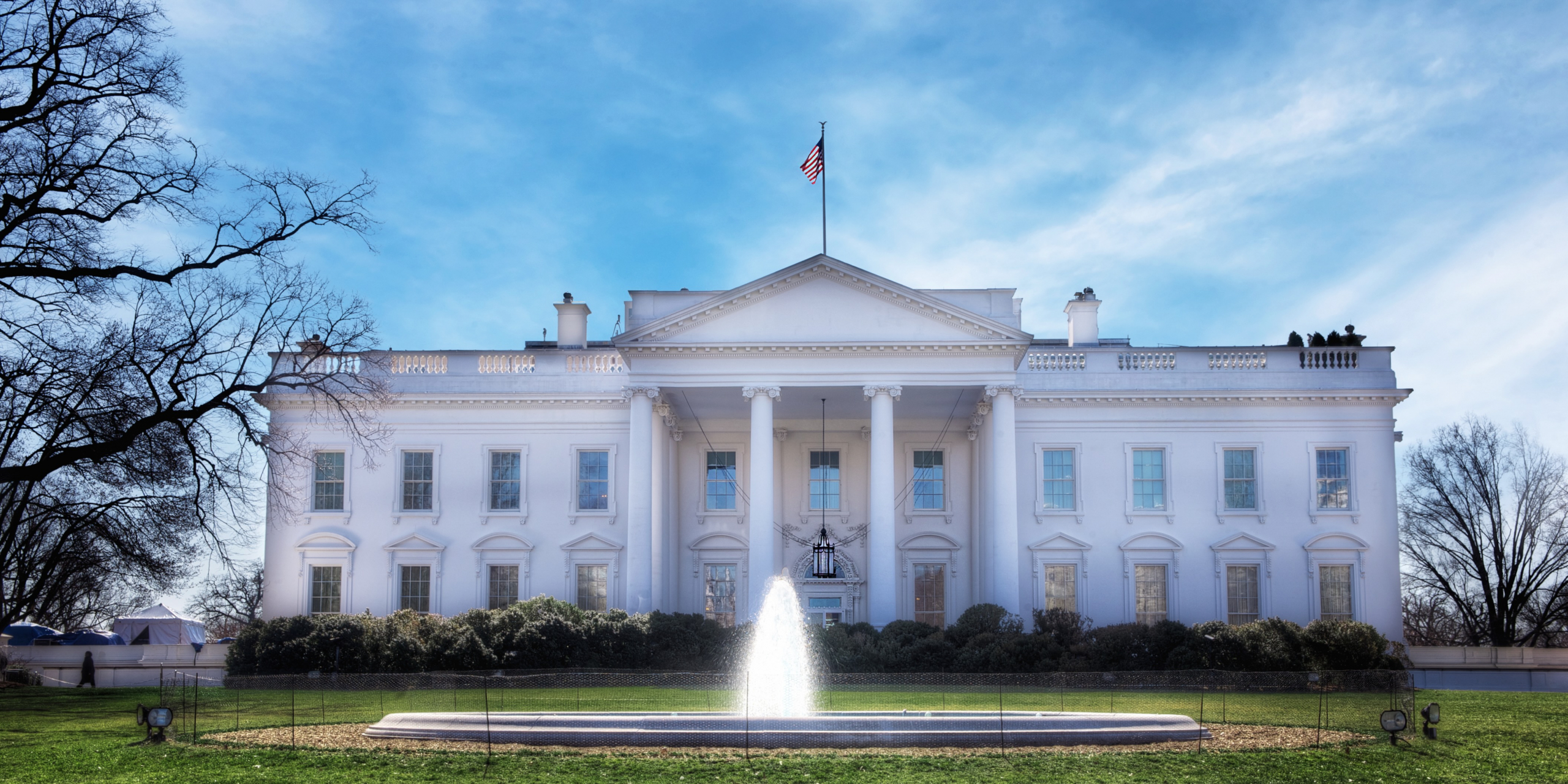LCI associate director attends first-ever White House Summit on Extreme Heat
To discuss policy action with over 100 heat-response professionals
White House, Washington D.C. Credit: Flickr / wbeem
UCLA Luskin Center for Innovation’s (LCI) associate director, V. Kelly Turner, recently attended the Biden-Harris Administration’s first-ever White House Summit on Extreme Heat. The summit convened over 100 professionals—including heat-vulnerable workers, emergency responders, researchers, and representatives from government agencies and the White House—to discuss ways the federal government can support local heat action.
“There’s a growing coalition of really smart and eager professionals at nonprofits, in local government, and within academic institutions that are innovatively thinking about how to address the dangers of heat,” said UCLA LCI’s associate director, V. Kelly Turner. “It was really thrilling to be around so many good ideas and motivated people. Now they need the resources to do the work.”
While the federal government offered no new commitments to address extreme heat, it was clear about it’s vision: a nation of heat-resilient communities. The idea that heat adaptation is a local issue was present throughout the day, starting with the White House’s “call to action”, a solicitation for information on how communities can prepare and what they plan to do.
All of the agency presentations provided information about funding resources. While some were heat-specific, the majority require competition with other climate projects. Another barrier to heat preparedness is that no agency clearly “owns” the issue: it is an environmental hazard, but its impacts are considered a public health issue. This means that agencies that provide resources in the aftermath of environmental hazards, like hurricanes, cannot appropriately respond to heat because the health impacts are more difficult to convey than property damage. Agencies responsible for public health crises, like COVID, also are not equipped to respond because heat-health impacts are frequently co-morbidities of, rather than a direct consequence of heat stress. This has been a problem because heat preparedness and response are falling through the cracks. It’s well known that simply having a plan can save lives, but very few communities have one.
UCLA LCI’s solution to this gap in capacity for local heat planning is our new Center of Excellence for Heat Resilient Communities, which is engaging and supporting communities to determine the best strategies for local mitigation and management. By participating in more than 30 community heat planning processes, UCLA LCI is building the case for a coordinated federal response. This will require legislative action, dedicated funding, and a new national program.
Specifically, UCLA LCI is responding to the federal government’s call to collect field data and communities’ stories on what is needed to prepare for the growing threat of heat. Through this effort, we will be pivotal in informing effective and equitable heat policies and solutions with data-informed recommendations.
To learn more about our research on heat, click here.








